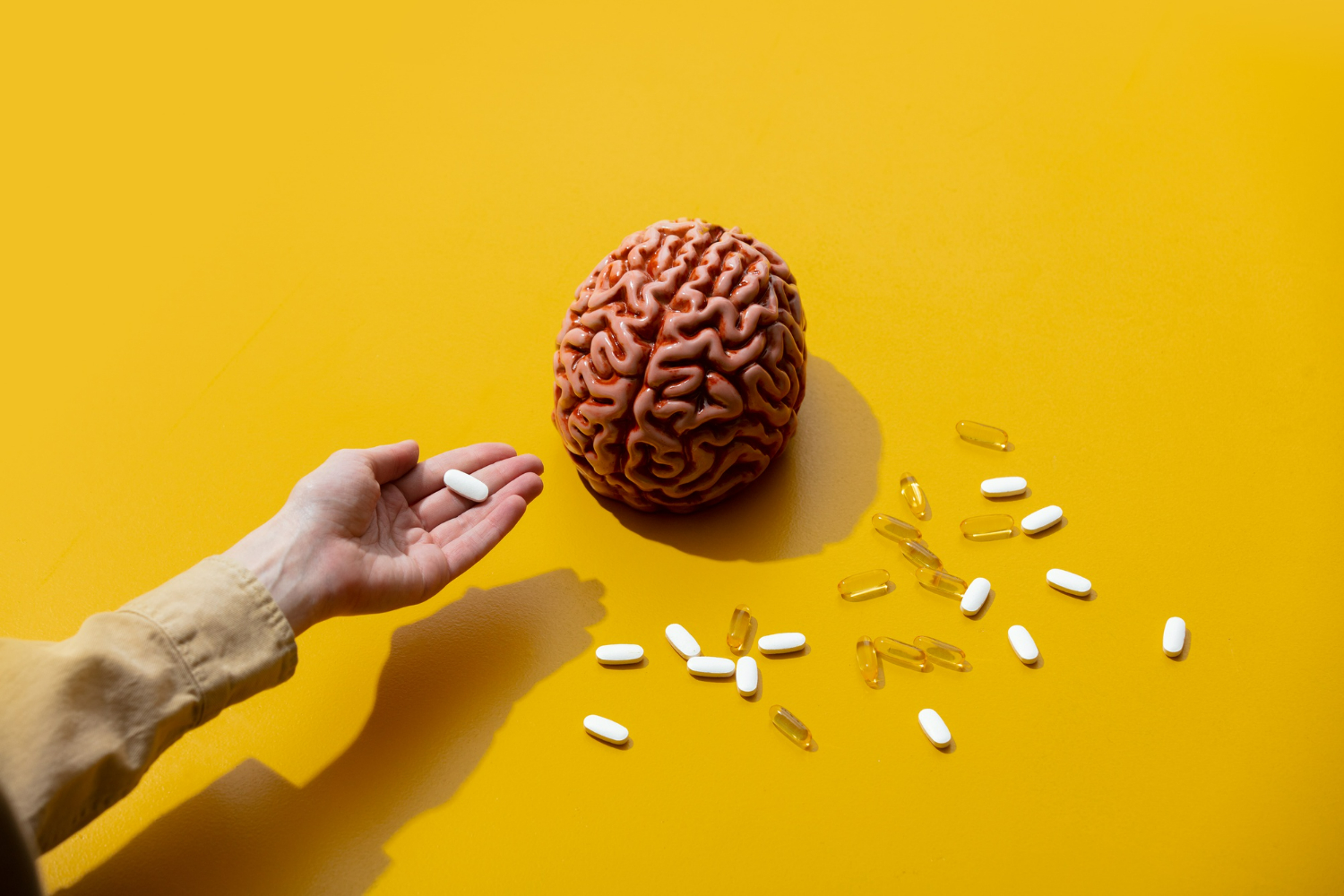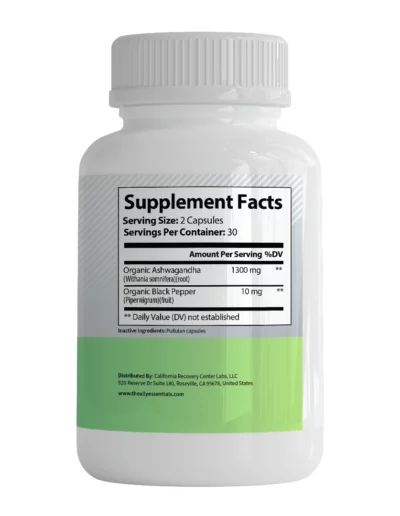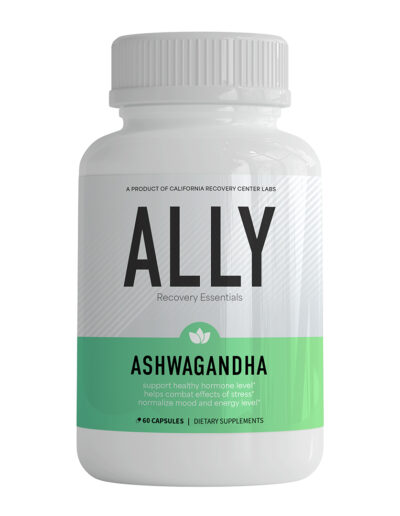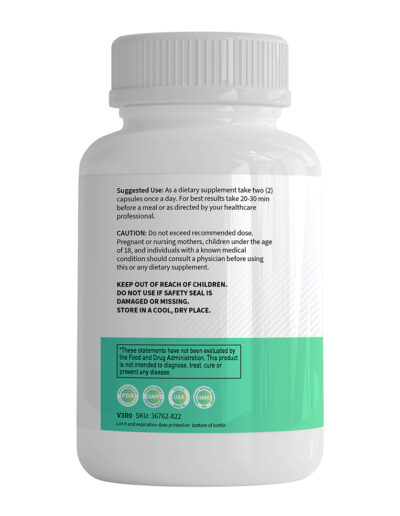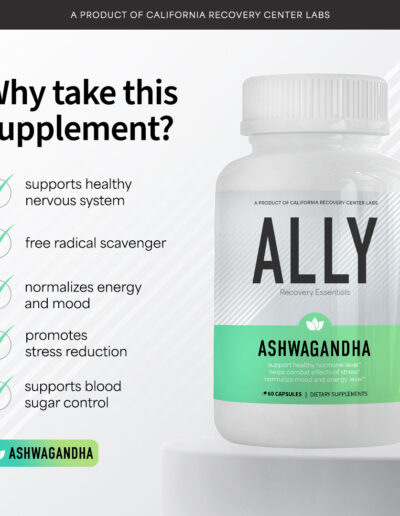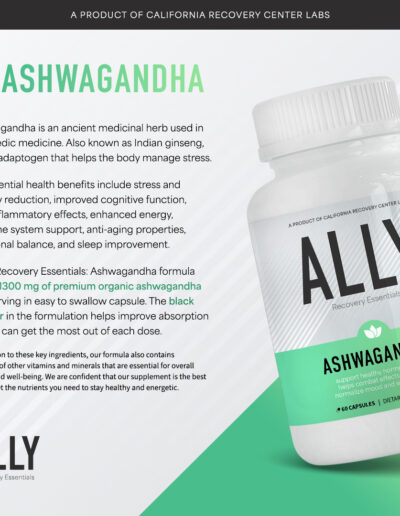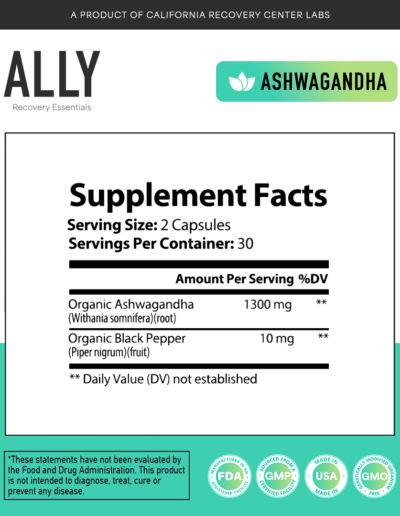Maintaining strong brain health is a crucial aspect of overall well-being, especially for individuals recovering from alcoholism. Chronic alcohol use can lead to cognitive decline and increase the risk of Alzheimer’s disease, which highlights the importance of exploring natural ways to support brain function. In this blog post, we’ll delve into the world of brain enhancers and discuss natural supplements that can help protect brain health and aid in the recovery process from alcoholism.
Understanding Alzheimer’s Disease and Alcoholism
Alzheimer’s disease is a progressive neurodegenerative disorder that causes cognitive decline serious enough to interfere with daily life. The symptoms often begin in the brain’s learning-affecting part, then progress through the brain. It can cause severe signs like disorientation, mood and behavior changes, confusion, suspicions, memory loss, and difficulty speaking, swallowing, and walking.
Chronic alcohol use can have damaging effects on the brain. Research suggests that alcoholism is a risk factor for developing dementia and other neurodegenerative diseases, such as Alzheimer’s. Learning about these risks emphasizes the importance of early intervention and proactive strategies to maintain brain health.
The Role of Nutrition in Brain Health
Nutrition plays a crucial role in maintaining and enhancing brain health. Eating a healthy and balanced diet provides essential nutrients, improves blood flow, and reduces inflammation, which prevents the development of neurodegenerative diseases and protects against brain damage.
Key Supplements for ALZHEIMER’S and Brain Health
In addition to a healthy diet, certain supplements can enhance brain health and protect against cognitive decline. Here are some of the top natural brain enhancers to consider:
-
- Omega-3 fatty acids. Found in oily fish, these are essential for neuron formation, allowing them to form new connections and enhance the transmission of information.
- Ginkgo biloba. Known for its cognitive-enhancing properties, this traditional herbal remedy improves blood flow, supports memory, and enhances mental clarity.
- Vitamins C and E. Our brain cells are highly susceptible to damage from oxidative and inflammatory stress. Vitamins C and E aid in keeping neuron membranes secure, thereby reducing brain cell loss.
- Ashwagandha. This traditional herb boosts brain health by regenerating nerve cells, resulting in improved cognitive abilities and a lower risk of Alzheimer’s and Parkinson’s.
- B vitamins. These vitamins play a crucial role in providing energy for the brain. B vitamins also help clear out waste in cells to function optimally, which is crucial in protecting brain health.
Additional Tips for Enhancing Brain Health
In addition to taking supplements for brain health, it’s important to adopt a holistic approach. Here are some additional tips for maintaining cognitive health:
-
- Exercise regularly. Physical activity boosts brain blood flow, stimulates neuron growth, and facilitates the delivery of oxygen and nutrients to brain cells.
- Stay mentally active. Engaging in brain-challenging activities like puzzles, chess, reading, and learning new skills can improve memory, concentration, problem-solving skills, and brain function.
- Get adequate sleep. Sleep helps the brain consolidate memories, repair itself, and regulate emotions, promoting a healthy brain and reducing the development of diseases like Alzheimer’s.
- Manage stress. Prolonged stress can negatively impact cognitive function. Practice stress-reducing activities such as meditation, deep breathing, and yoga to manage stress.
Consulting with Healthcare Professionals
Before starting any supplement regimen, remember to consult with a healthcare professional. They can provide you with personalized recommendations based on your health needs, identify the possible side effects of any pre-existing medical conditions, and help you monitor your progress to ensure optimal results.
Remember, protecting brain health is vital to preventing cognitive decline and supporting overall well-being. Taking proactive steps to maintain cognitive function reduces the risk of Alzheimer’s disease. Supplements provide the essential nutrients, but it’s also important to adopt a holistic approach that includes a balanced diet, regular exercise, mental stimulation, and stress management. Always consult with a healthcare professional for a more personalized brain health and recovery plan.

